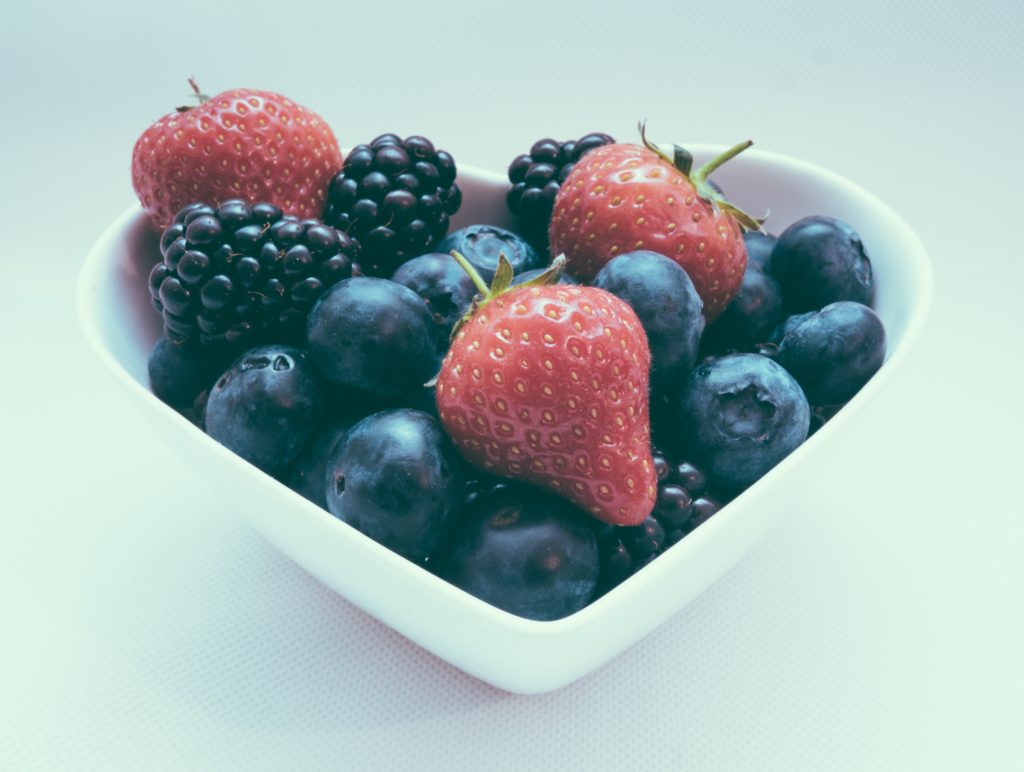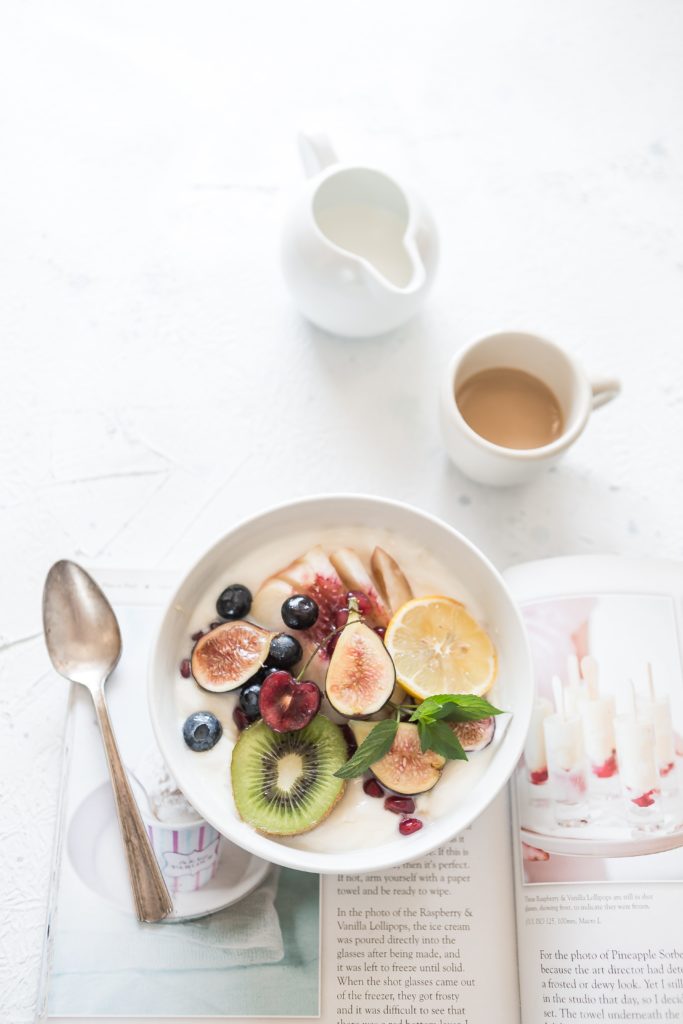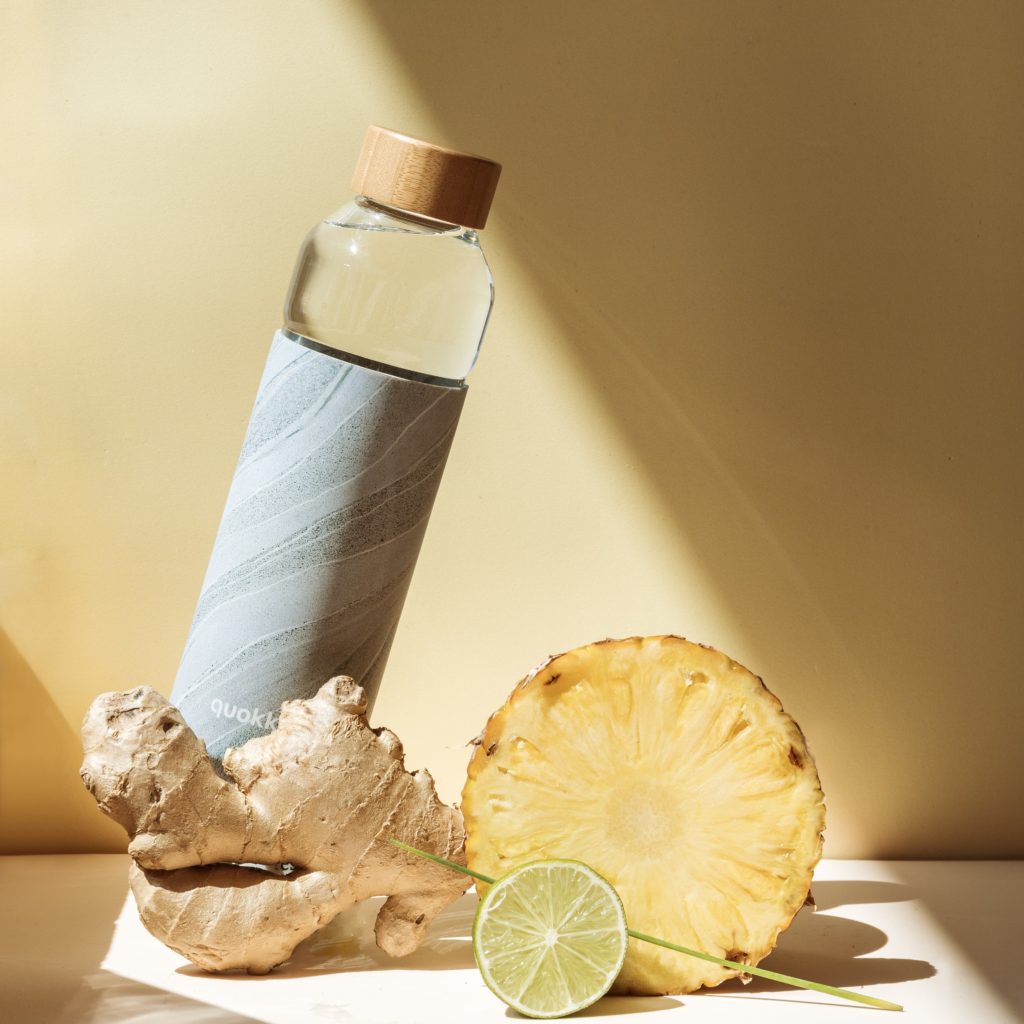Food and exercise – what to eat before you work out


I often get asked if I eat before a workout, and what the best foods are to ensure you get the most out of your efforts.
It’s a good idea to give your body some fuel for a big workout or sports game so that you have the energy levels for sustained endurance. Food and exercise performance are closely linked: what you eat before you work out can make the difference between a great session and an average one.
What food you choose to eat is a personal choice and one I am continually working on for myself.
If you think of food as fuel for your body, it can help you choose the right foods that will keep your body functioning at an optimal level.
The human body needs energy for every day functions like cell and muscle repair, digestion, breathing etc. Add exercise into the mix and it’s going to need extra fuel (food). By eating the right kinds of foods at the right time, you will get the most out of your workouts.
So, what should you eat before hitting the gym?
The short answer is “keep it simple“
Typically, a small snack like a couple of dates, or some banana an hour or so before your workout is enough to give you a carbohydrate based energy boost.
But you might also consider:
- the type of workout you’re going to do
- the time of day
- your personal preference
Different types of exercise require different levels of fuel. For example, a walk around the block doesn’t require much fuel, whereas a game of tennis, a strength workout in the gym or a long run all need more fuel.
Time of day: if you’re doing a 5am HIIT class, you are unlikely to want to eat an hour before (unless you’re a shift worker and 5am is the end of your day). In this case you’d look at refuelling with a good breakfast after the class.
If you’re doing that HIIT class, or a long run later in the day, you’ll have time to grab a handful of nuts, a small piece of fruit or similar before you get to the gym.
It’s your choice: it might be best for you to try a few different types of foods and see what works best for you. Keep your portions small and pick easily digested foods avoid cramping and indigestion.
Consistency is key
Also consider your overall daily dietary choices which have an impact on your training, your general health and well being.
Working on the 80:20 principle, if you can eat a healthy, balanced diet 80% of the time, you will probably be feeding your body well enough to help it perform at its best.
Choose your foods carefully so that you are getting the most nutritional value from every bite you eat. Select quality carbohydrates such as whole grains, fresh vegetables and fruit over processed, refined white foods. Foods that are as close to their original form as possible are generally your best choice. Ask yourself: does it look anything like it did when it was harvested? Then you should be OK.
Don’t forget protein. Not only does it keep you feeling fuller for longer (helping you avoid the mid morning/afternoon munchies), protein provides the fuel needed for muscle repair and growth. Choose lean meats, eggs, fish, dairy and legumes to power up your body.
Drink up!

It’s been said before, but it’s worth repeating: stay hydrated. Plain old fashioned water does the job perfectly so keep sipping and aim for 6 – 8 glasses a day. Energy drinks are full of sugars (read kilojoules) and salts that a regular gym goer doesn’t need.
Aim to drink about:
- 2 to 3 glasses of water during the 2 to 3 hours before your workout.
- 1/2 to 1 glass of water every 15 to 20 minutes during your workout. Adjust amounts related to your body size and the weather.
- 2 to 3 glasses of water after your workout
So remember, next time you hit the road, go to the gym or get on the court, all you need is:
- your water bottle
- your towel
and, if you’re really hungry after your workout, a banana (aka meal in a peal) should hit the spot.
Click here for delicious recipes
